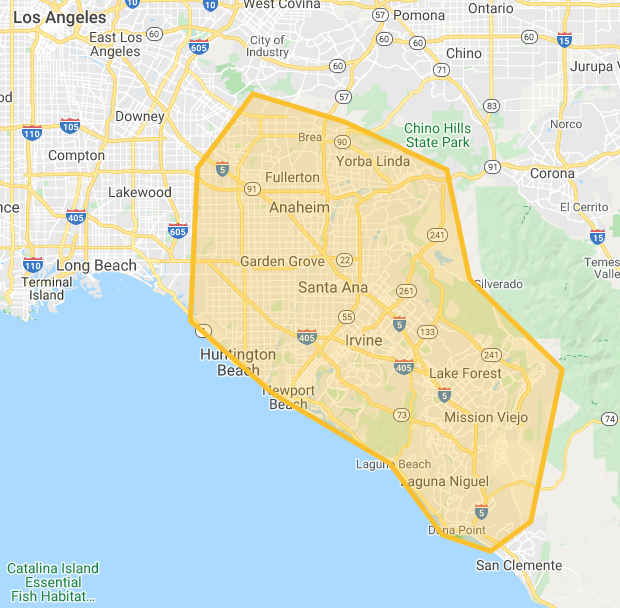Samsung Washer Repair & Maintenance
As a homeowner, you rely on your Samsung washing machine to help keep you or your family’s clothing fresh and clean throughout the week.
This means that when your washing machine breaks down, you’re left in a bind, and it won’t be long before the laundry starts to pile up!
Fortunately, some washing machine issues are relatively simple to diagnose and repair, which means that you can often troubleshoot and repair your unit independently.
However, especially with newer Samsung models, you may be experiencing electrical issues that might require a professional’s trained hand to diagnose and repair.
Regardless, if you decide to attempt to repair or service your unit on your own, first make sure to unplug your washer or turn the power off completely at your home’s main electrical panel.
Drum Not Spinning
If your unit seems to have power and responds when you change its setting, but the drum is not spinning or agitating your loads, you might either have an issue with your motor or the drive belt that connects the motor to the drum.
Ripped Drive Belt
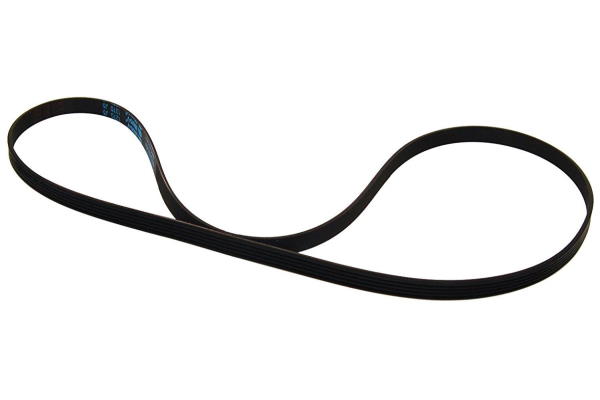
The most likely issue with a drum that doesn’t spin or agitate is a broken or torn drive belt.
This component gets a lot of wear and tear, so especially if you’ve had your unit for some time, it’s not unusual to have to replace your drive belt from time to time.
A drive belt is relatively easy to diagnose and repair on your own. But just make sure that you purchase the correct replacement part for the job.
Faulty Motor
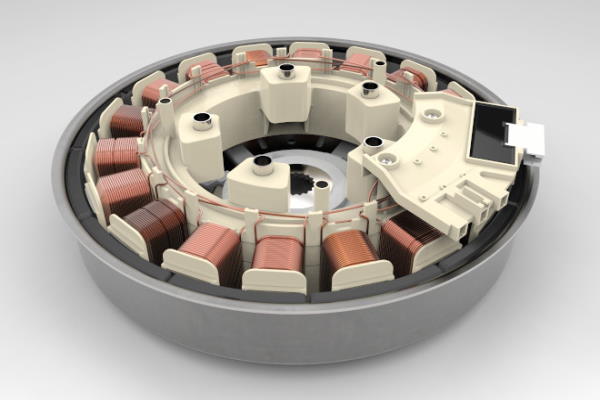
If your unit’s drive belt is still intact, but the drum isn’t spinning when it should, the motor itself may be burned out.
However, diagnosing and replacing a faulty motor tends to be a bit more of a complicated process. Therefore, if you need help doing this, don’t hesitate to contact a professional repair company.
Washer Not Draining
Alternately, many homeowners experience a washer that seems to agitate and wash loads properly, but the water drains slowly or fails to drain at all.
Fortunately, this highly inconvenient issue is most often caused by a clogged drain, hose, or faulty drain pump.
Clogged pump and drain hose
Burnt Drain Pump
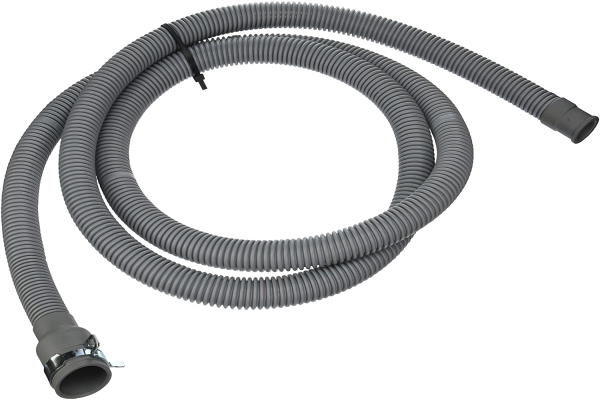
It’s not unusual for a washing machine’s drain to slowly get clogged with small fibres and lint over the years. Therefore, if you’re having trouble with a machine that doesn’t drain, start by removing as much water as possible from the drum and then locate the unit’s main drain line.
You can try to disconnect the unit’s drain to see if you can see anything clogging the line.
Alternately, you might be able to use a piece of wire or a drain snake to dislodge any clogs in the line.
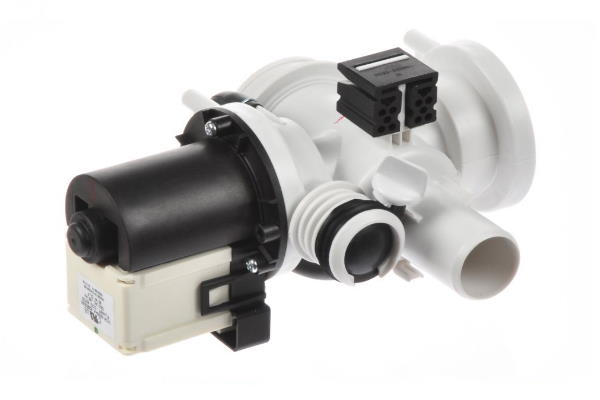
Unfortunately, if your drain pump gets clogged, it will often lead to the pump overheating and burning itself out. In some cases, you might be able to smell a slightly burnt odour near the pump, but other times, the only way to know your pump isn’t working will be that the drum won’t drain itself after a wash cycle.
Need a hand diagnosing or repairing your clogged washing machine? Don’t hesitate to contact us for professional appliance repair today.
Washer Is Very Noisy
Although loud washing machine noises can be worrying, they’re typically caused by one of two parts that occasionally wear out and fail due to regular wear and tear.
Tub Bearing Problem
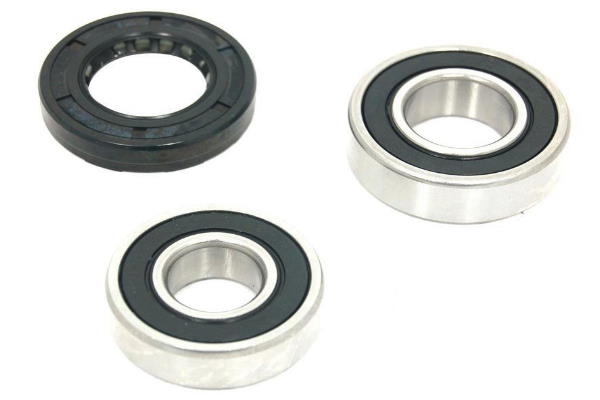
A bearing is used to ensure that your washer tub spins and agitates smoothly, with very little friction. However, because this component gets a lot of wear and tear, it will often be one of the first parts to wear out and break, causing a loud, rough, grinding noise when the machine is in use.
Broken Drive Pulley
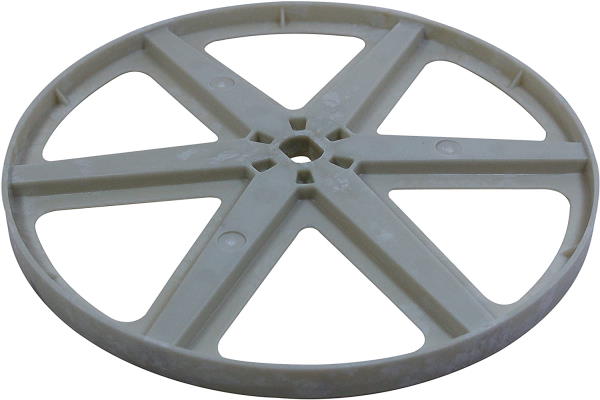
Additionally, your unit may have a drive pulley that connects the drive belt either to the motor or to the tub itself. In some cases, the pulley itself may have worn out or broken, which might lead to the noises that you’re hearing.
Both broken bearings and drive pulleys are fairly easy to diagnose and repair on your own.
However, make sure that you purchase the correct replacement part, as not all parts are interchangeable between makes and models.
How to avoid these problems in future?
While some issues are unavoidable, there are a few things you can do to ensure that your washing machine works properly and lasts for as long as possible.
Do not overload your appliance
Always check your washer for any visual damage before the cycle
Use only high-quality laundry detergent
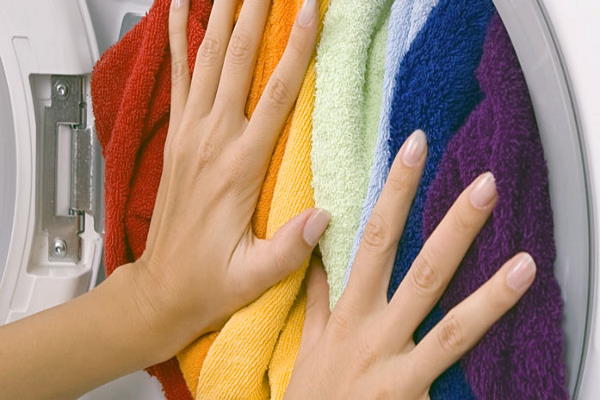
For starters, overloading your appliance is one of the fastest ways to break parts and wear out your bearings and pulleys. When your machine is too full, it becomes cumbersome, which puts a lot of extra unnecessary strain on the moving parts.
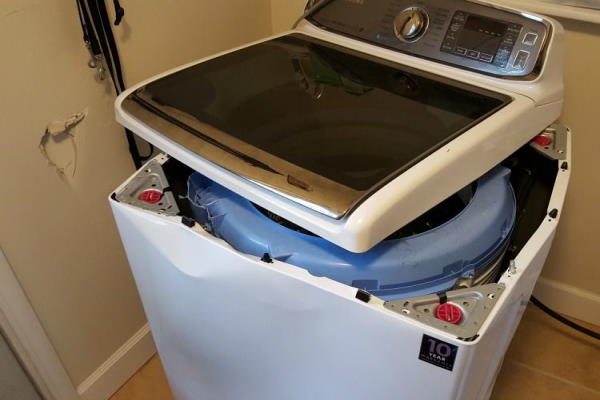
Before running every wash cycle, make sure to take a quick look around your machine to ensure no visible leaks or damages. Also, make sure there is plenty of space surrounding your machine to ensure adequate airflow.
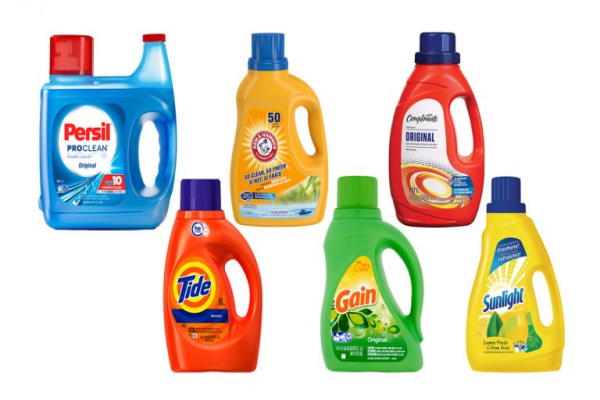
Not only will using cheap, low-quality detergent cause your clothing to fade and feel rough, but it can also be bad for your washing machine. In fact, some harsh detergents can cause corrosion and damage to your machine over time.



